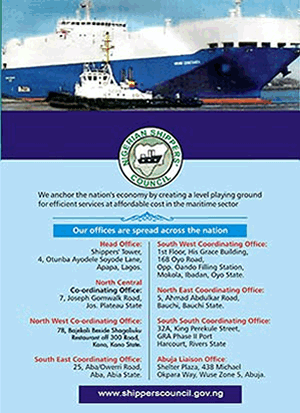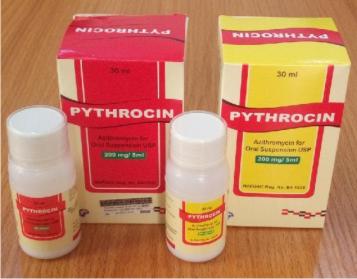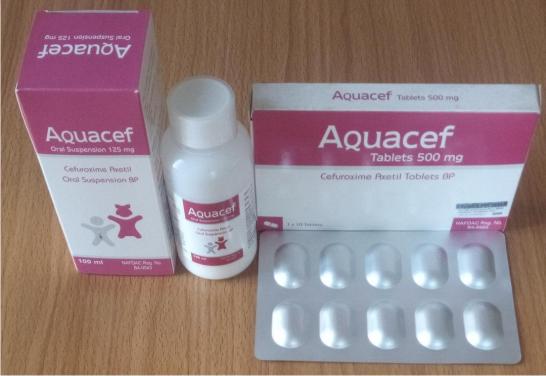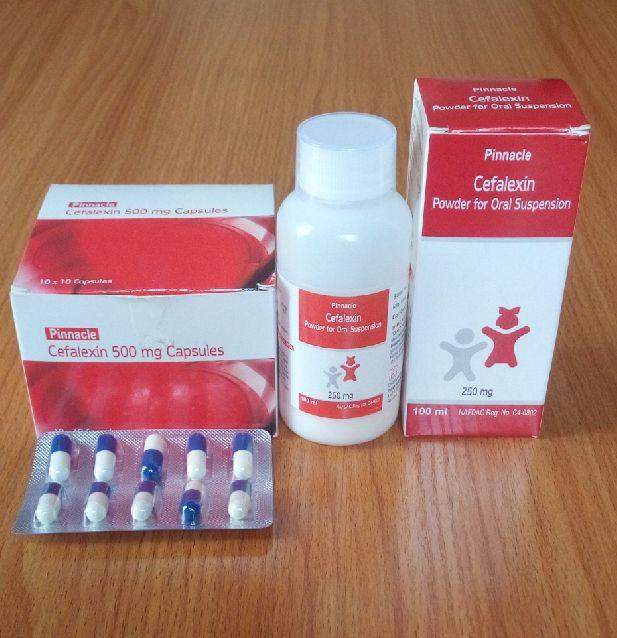
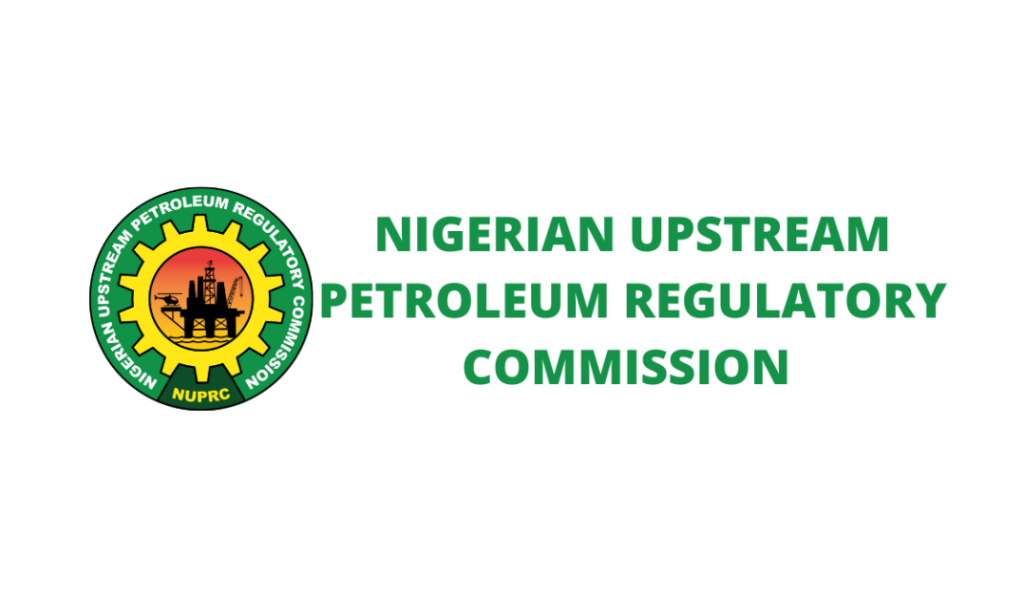
— Commission Unveils Bold Reform Plan to Revive Oil Sector, Boost Transparency and Sustainability
Nigeria is aiming to ramp up crude oil production to 2.5 million barrels per day (bpd) by 2026 as part of a comprehensive reform strategy to reposition its oil and gas industry for growth, transparency, and long-term sustainability. The Chief Executive of the Nigerian Upstream Petroleum Regulatory Commission (NUPRC), Gbenga Komolafe, announced this on Thursday at the 2025 Energy Correspondents Association of Nigeria (ECAN) Conference in Abuja.
Komolafe said the ambitious target will be achieved through the Commission’s Project One Million Barrels Initiative, launched in 2024, which focuses on reactivating dormant wells, fast-tracking regulatory approvals, and enhancing operational efficiency. He revealed that Nigeria’s current unreconciled daily output stands between 1.7 and 1.83 million bpd, but reforms are already restoring investor confidence and spurring gradual recovery.
“With a clear target of increasing production to 2.5 million bpd by 2026, the initiative has shown strong momentum,” he said. The NUPRC chief added that the upcoming 2025 Licensing Round, scheduled to begin on December 1, will unlock new frontier oil and gas opportunities, particularly in gas assets across onshore, shallow water, and deep offshore blocks.
Komolafe highlighted vast opportunities in gas development, LNG, FLNG, and CNG infrastructure aimed at strengthening both domestic energy supply and export capacity. He noted that the Petroleum Industry Act (PIA) 2021 remains a watershed reform that has redefined governance and fiscal transparency in the sector, providing a stable environment for investment.
According to him, the Commission has introduced 19 key regulations to operationalise the Act, including a new royalty regime and tax incentives such as zero hydrocarbon tax for qualified projects. “These reforms are designed to attract new capital and ensure the financial viability of upstream projects, especially in frontier basins,” he said.
Komolafe also disclosed that approvals for 37 new evacuation routes and enhanced collaboration with security agencies have significantly reduced oil theft and pipeline vandalism, which have long constrained Nigeria’s export capacity. He added that enforcing the Domestic Crude Supply Obligation ensures consistent feedstock for refineries and promotes energy security.
Reaffirming Nigeria’s commitment to a gas-driven energy transition, he said flagship programmes such as the Decade of Gas, Gas Flare Commercialisation Programme, and the Presidential CNG Initiative aim to eliminate routine flaring by 2030 and cut methane emissions by 60% by 2031. “Nigeria is uniquely positioned to lead Africa’s gas industrialisation drive,” he said, citing over 600 trillion cubic feet of gas resources.
The NUPRC boss noted that digital transformation remains central to reform implementation. The revitalised National Data Repository, now Africa’s largest petroleum data bank, provides seamless access to geological and operational data for investors. He added that the Commission’s HostComply platform has enhanced transparency in community engagement through the Host Community Development Trusts.
Speaking at the same event, the CEO of the Major Energy Marketers Association of Nigeria (MEMAN), Muhammad Al-Amin Kassim, praised the reforms under the PIA but warned that bureaucratic bottlenecks still impede progress. “Effective implementation is key. We need stronger coordination, public-private collaboration, and measurable outcomes,” he said.
ECAN Chairman John Ofikhenua described the conference as an opportunity to assess the PIA’s four-year journey and reinvigorate national dialogue on its implementation. “Before the PIA, our industry was trapped in inefficiency and uncertainty,” he said, adding that the new 2.5 million bpd target will test Nigeria’s post-PIA capacity to deliver results amid a volatile global oil market.
ADVERTISEMENTS






